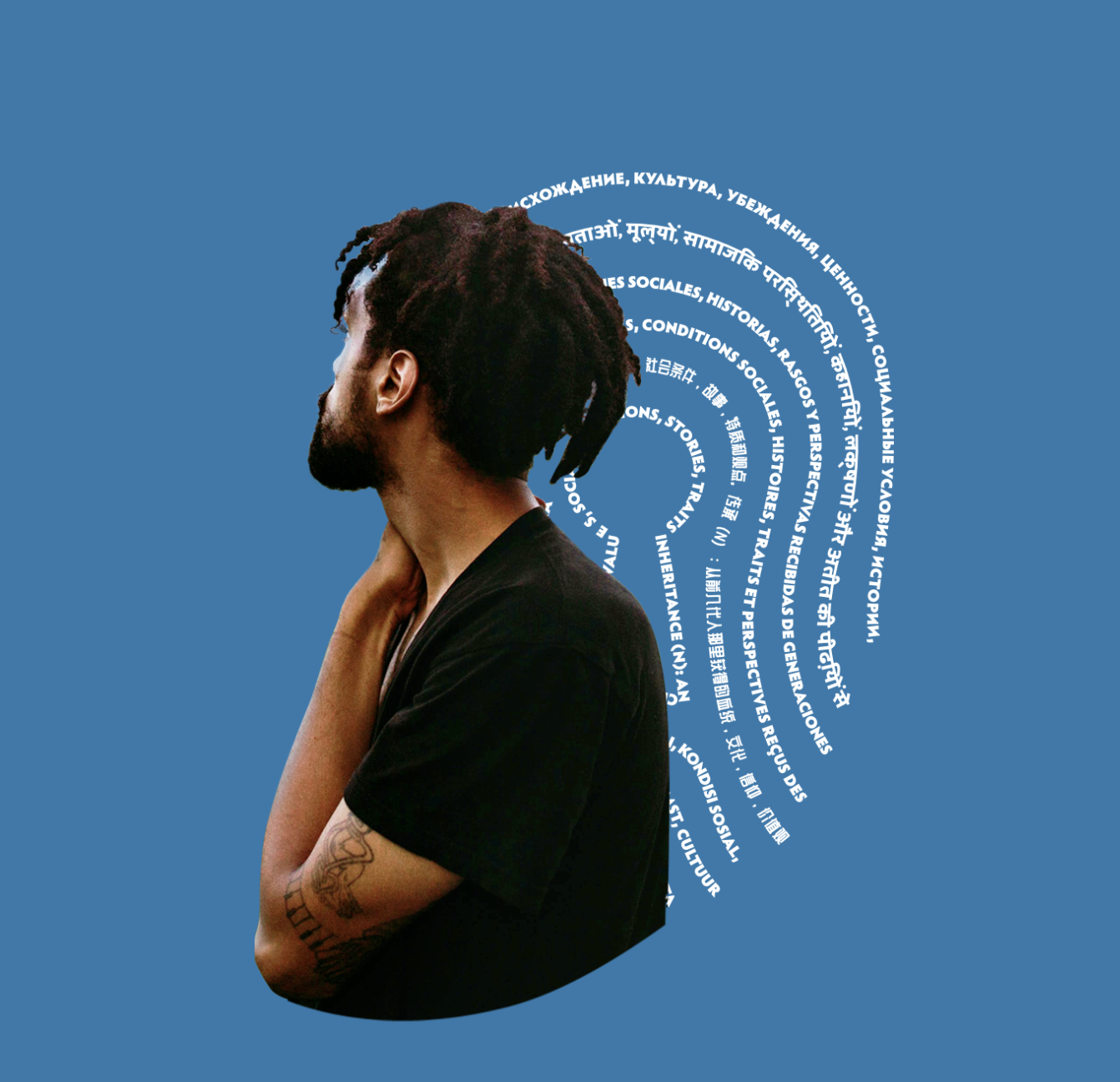
Inspired By
-
The heart of this work and philosophy are rooted in my father's spirit and the way he lived his life, despite experiencing insurmountable amounts of pain, loss and displacement as a Slavic refugee. This project began around the same time he was diagnosed with cancer, which permanently changed the course of my life. This play-based approach is deeply influenced by the profound experience of watching him die. You can read more about our story here.
-
He is the Founder and President of the National Institute for Play (NIFP) and author of "Play: How it Shapes the Brain, Opens the Imagination, and Invigorates the Soul." He first discovered the importance of play by discerning its absence in a carefully studied group of homicidal young males. Over the course of his clinical career, he interviewed thousands of people to capture their play profiles that have affirmed the importance and need for healthy play throughout the human life cycle. In 1989, he decided to pursue play in greater depth after seeing that a science and evidence-based way of understanding and suggesting how to improve play hygiene was lacking. He turned to animal play research to gain insights into human play. With the support of the National Geographic Society and Jane Goodall, he observed animal play in the wild. He became acquainted with the premier animal play experts in the world, and began to see play as a long evolved behavior important for the well being and survival of animals. He subsequently came to understand that humans are uniquely designed by nature to enjoy and participate in play throughout life. It became apparent that all of the confetti photos you see are captured play states. His Ted Talk: Play is More Than Just Fun.
-
She is the Founder and CEO of Emotion Dynamics and Empathy Academy. Her lifelong work focuses on her unified theory of emotion, which revalues even the most "negative" emotions and opens new pathways into self-awareness, effective communication, and healthy empathy. Her applied work, Dynamic Emotional Integration (DEI), is an approach to emotion and empathy that welcomes all emotions equally and provides guides in understanding emotional nuances, learning to identify multiple emotions and learning how to channel your emotions. She is the author of "The Language of Emotions: What Your Feelings Are Trying to Tell You" that introduces how to cultivate a relationship with your feeling states. She gives access to many emotion tools, including Your Emotional Vocabulary List in an effort to increase universal emotional awareness.
-
Best known as the architect of the psychological concept of "flow" - a highly focused mental state conducive to productivity, " he was described as the world's leading researcher on Positive Psychology. He was the founder and co-director of the Quality of Life Research Center (QLRC): a nonprofit research institute that studies positive psychology, the study of human strengths such as optimism, creativity, intrinsic motivation, and responsibility. He is known for his research on the experience of flow, a psychological concept he introduced in his book "Flow: The Psychology of Optimal Experience" with a TED Talk titled "Flow, the Secret to Happiness." He has identified intrinsic motivation as a powerful trait to optimize and enhance positive experiences, feelings, and overall well-being as a result of challenging experiences.
-
Founded in 2016, Tricia Hersey created The Nap Ministry: an organization that examines the liberating power of naps with a “rest is resistance” framework that believes rest is a form of resistance and sleep deprivation is a racial and social justice issue. In an effort to deprogram the masses from grind culture, this justice movement engages with the power of performance art, site-specific installations, and community organizing to install sacred spaces for the community to rest together. Tricia Hersey is the author of “Rest is Resistance: A Manifesto” that is a battle cry, guidebook, map for a movement, and a field guide for those longing to be liberated from the oppressive grip of Grind Culture. Her work inspired me to begin examining how my work challenges social norms and oppressive systems.
-
Born in the early 20th century, he was a neurologist, psychiatrist, philosopher, Holocaust survivor, and author of "Man's Search for Meaning" originally titled "A Psychologist Experiences the Concentration Camp." He was the founder of Logotherapy: a school of psychotherapy that describes a search for life's meaning and free will as the central human motivational force that is part of existential and humanistic psychology theories. He identified three main ways of realizing meaning in life: by making a difference in the world, by having particular experiences, or by adopting particular attitudes. His acknowledgment of meaning as a central motivational force and factor in mental health is his lasting contribution to the field of psychology that also provided the foundational principles for the emerging field of positive psychology.
-
Prominent figures in the Stonewall Uprising of 1969, Johnson and Rivera were trailblazing, prominent leaders in the Gay Liberation Movement amidst their unending commitment to social justice as life-long civil rights activists. Together, they helped found STAR, which offered housing to houseless young drag queens, gay youth, and transgender women. They opened the first LGBTQ+ youth shelter in North America and were the first Trans women of color to lead an organization in the United States. Both were popular figures in NYC’s gay and art scene as fixtures of Greenwich Village. Marsha P. Johnson famously said, “no pride for some of us without liberation for all of us.” Studying these pioneers that experienced firsthand the government-sanctioned violence against Trans women and how they relentlessly advocated for Trans Rights has re-defined what community care means to me.
-
Personally found during the pandemic, The Class is a mat-based, music-driven movement class with guided instruction and multi-sensory intention to create sensation in the body and observation of thoughts. The result is a mental cleaning and emotional release that provides an outlet to transcend beyond our thinking mind and into our felt experiences without judgment. This space is a fusion of cardio and strength that is a practice in self-regulation, which was exactly the intention of practicing the process of tolerating change and discomfort. As someone who has complex PTSD and holds a lot of tension in my body, the vulnerably expressive classes of Taryn, the founder, have aided in my journey of self-awareness and mental health wellness just by being a safe outlet to let go.
-
This work is for you, inspired by you and, in gratitude of you. Together, we are co-creating celebration culture: a world where life is meant to be celebrated and we can intertwine celebration amidst all of our experiences as we honor ourselves wherever we are.🖤






























